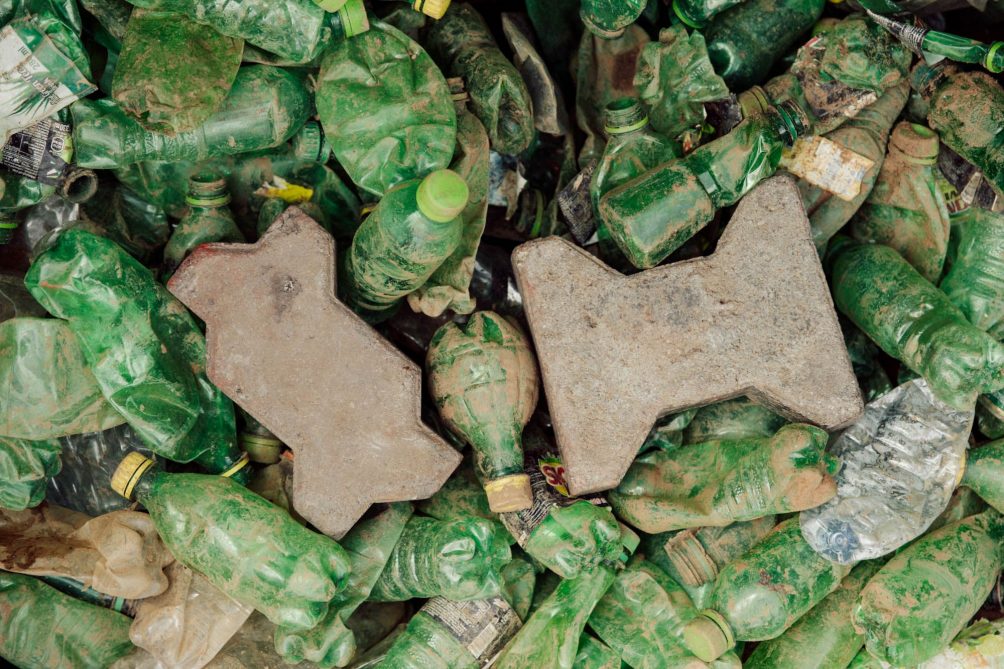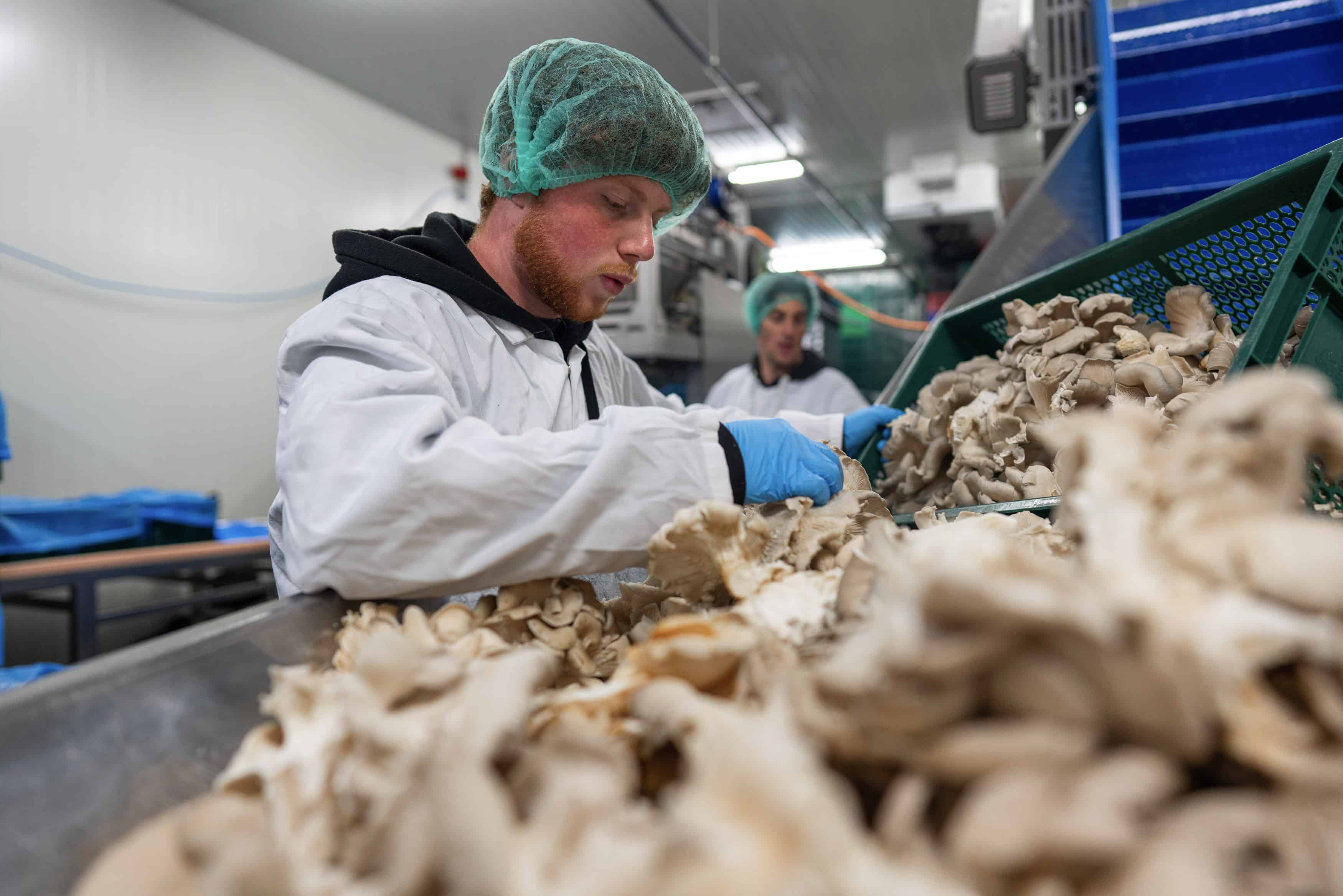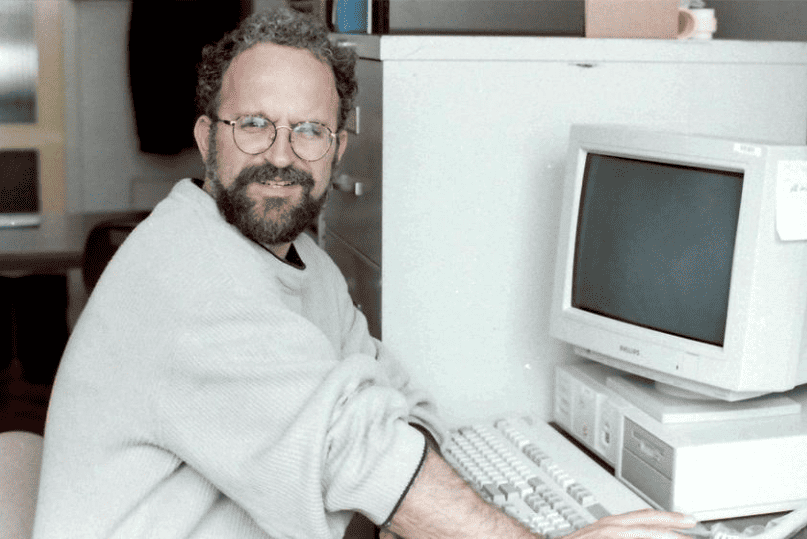
In the East African country of Uganda, a disposable mask costs one dollar. The same amount as the daily cost of food, says Antonio Garcia Rubio, project manager at the international consultancy company for technical specialists TMC. “Then the choice is made quickly. In Uganda, more people die of hunger than Covid-19.” A TMC project team came up with a method to make affordable and reusable mouthpieces from recycled plastic in Uganda.
TMC has its own lab at the High Tech Campus Eindhoven. Employees are allowed to use that lab for their own projects, ideas, and innovations. “Because we have so many different areas of expertise in house, together we can further develop those ideas or develop a new product,” explains Loes Cortenbach, Marketing, and Communication Officer.
In spare time
Besides his work as a system architect for several clients, Garcia Rubio works in his spare time on the COVID project. “Everyone in the project, by the way,” adds the project manager. In the beginning, this work consisted mainly of discussions with companies and universities about what could be done. Through these conversations, one of the team members came into contact with a social organization (NGO) in Uganda, Eco Brixs.
Plastic waste is a big problem in Uganda. The country does not have the advanced techniques to collect and process waste. In this Eco Brixs video, it can be seen that plastic waste is dumped on, for example, a hill. The company has set up collection sites in twenty places in Uganda, where people get money when they hand in plastic.
Circular Economy
From that plastic, Eco Brixs makes bricks that are used to make a sidewalk or a road, for example. “In this way, Eco Brixs is working on a circular economy that also creates jobs. It is a real contribution to society there. They also focus on gender equality and aim for a ratio of 60 percent women and 40 percent men. And they have an eye for people with disabilities,” says Garcia Rubio. Eco Brixs expanded production to face shields because of COVID-19.

Garcia Rubio: “We thought: what if we modify those machines to make reusable mouth masks? A project team consisting of six TMC employees worked on the plan together with Eco Brixs and came up with a solution. The company Real1ze helped to shape the project and to write the necessary grant applications. Recently, the project received an SBIR (Small Business Innovation Research) grant from the Dutch government. With this grant, the production of the masks can start at the end of this year.
Basic and simple
“There are still some challenges,” confesses Garcia Rubio. That’s why he only expects to be able to start production at the end of the year. “We have real high-tech solutions here. You don’t just have a sensor in Uganda. And if something goes wrong with the machine, they have to be able to repair it on site. So it all has to be very basic and simple.”
The plastic has to be sorted and cleaned. There are very different requirements for a mouth mask than for a plastic stone. “It’s a medical product. That’s why research into certification requirements runs parallel to technical development, both in Uganda and in Europe.”
322,560 disposables
“Hopefully we’ll go faster than we thought and can produce the mouth masks sooner.” Once in production, Garcia Rubio calculates that 7,680 mouth masks per machine per month could enter the market. “If you add that to mouth masks that you throw away after four to eight hours of use, that number equals 322,560 disposables per month.
The mask can be cleaned with soap and water. There is a filter in it that can also be placed in another mask. “You’re expected to be able to use the mask about a month and a half,” says Garcia Rubio. “After that, it can be recycled again.” A recycled mouth mask also costs about one dollar, just like disposable masks. “But because you can use it longer, it’s cheaper.”
Neighboring countries
The first machines will be placed in Masaka, where the headquarters of Eco Brixs is located. But Garcia Rubio hopes to expand to the remaining nineteen Ugandan collection points and to neighboring countries such as Tanzania and Kenya.
The project in Uganda alone will contribute to about 2,500 jobs, Eco Brixs calculated. Much more plastic is needed for the mouth masks and that leads to new jobs, says Garcia Rubio. Every kilo of plastic provides an income. Some get a full-time income with it, according to the Eco Brixs website. “There will also be new jobs in sales and marketing and for the maintenance of the machines.”
Water filters
“Should Covid-19 be gone, and the sooner the better, the machines can make the transition to water filters,” says Garcia Rubio. “The problem with the water there is that it contains a lot of viruses and bacteria. We can use the same technique as for the mouth masks to produce water filters.”
In the near future, Garcia Rubio will be looking for students, for example, as a learning experience or as an internship assignment. “And for potential investors, because with more money we can accelerate and go into production sooner.”







